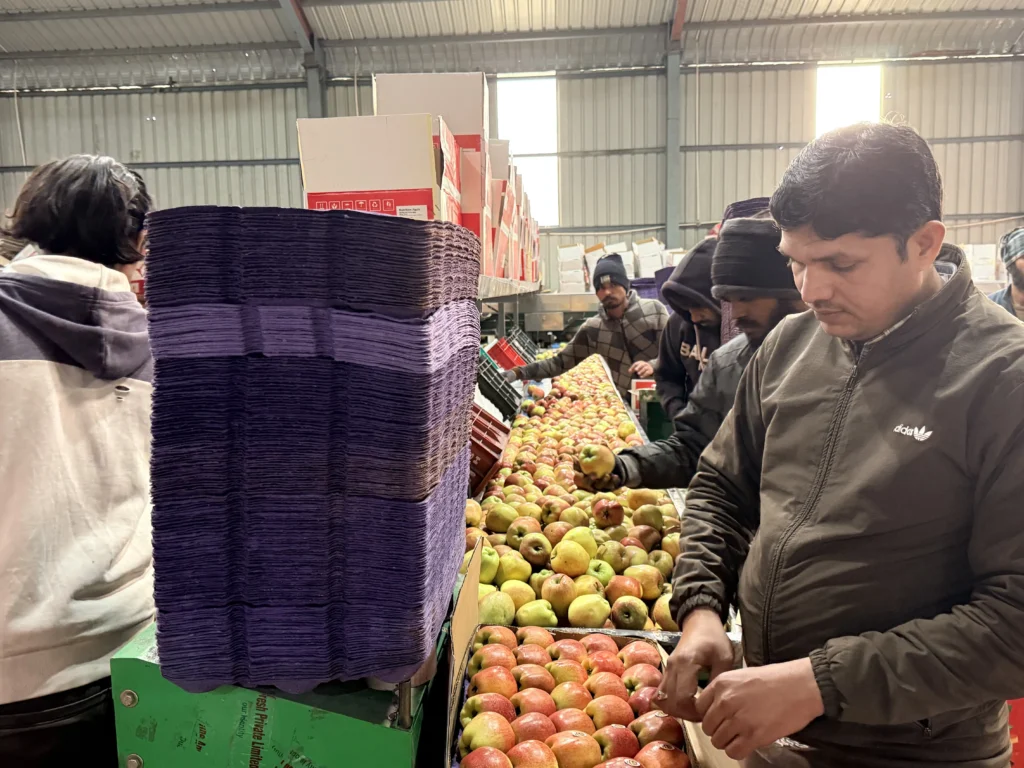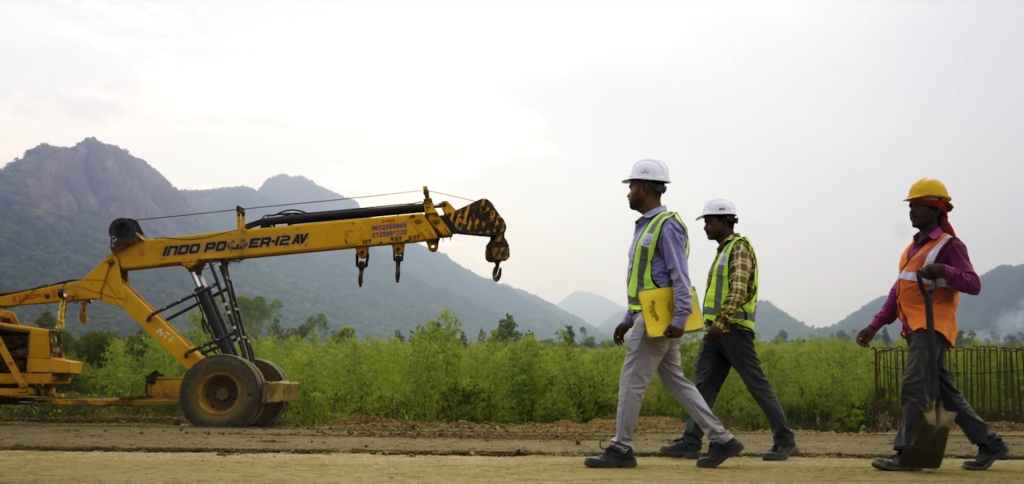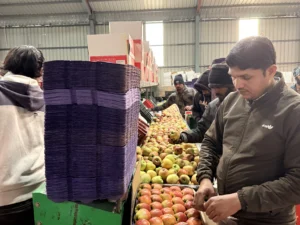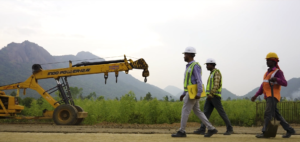REGISTER MIGRANT WORKERS, RAJKOT POLICE ASKS IMITATION JEWELLERY
Police in the western Indian city of Rajkot raided imitation jewellery shops that hired migrant workers and also homes rented out to them for the failure of the shop and house owners to register them with the authorities, The Indian Express reported on August 23, 2024.
Rajkot is widely considered as the nerve centre of gold, silver and imitation jewellery and attracts artisans from West Bengal, Maharashtra and Rajasthan among other states, the report stated.
The police said that shop and house owners had been asked to furnish details of rent agreement, identity and address proof of tenants, which they failed to do, and suspected them of committing crimes and fleeing the city.
Mayur Adesara, President of Gems and Jewellery Association, Rajkot, told The Migration Story said that they are cooperating with the Rajkot Police and had requested for an extension of 15-20 days to register migrants in their workforce.
He also said that migrant workers who come to Rajkot from various states find it comfortable to live and work in the city.
“These workers easily gel with the local culture and pick up Hindi and Gujarati on the go,” Adesara said.
The workers in Rajkot’s imitation jewellery business typically followed a family member or a friend already in the profession and also learnt the craft from them. Most workers are graduates, Adesara said, and did not face any discrimination at work.
THE GROWING NEED FOR MIGRANTS IN TAMIL NADU FARMS
Agricultural fields in the Cauvery delta in Tamil Nadu are recording a surge of migrant workers in agriculture as a response to the shortage of local labour, but this hasn’t caused alarm among local trade and labour unions, according to an op-ed published in The Hindu newspaper on August 19, 2024.
The op-ed aimed to analyse the “ramifications of Karnataka’s local employment law” by looking at individual southern states and their growing dependence on migrant workforce.
In Tamil Nadu’s Cauvery delta region, the younger generation is turning away from farming, which has led to a dearth of labourers to tend to the farms, the op-ed noted.
Meanwhile, in Kerala, sectors like plywood, manufacturing, construction, and marine fishing are heavily dependent on migrants.
Despite their vital role, migrant workers often face hostility from the local community, the op-ed noted. It cited the example of Rajendar Naik, 40, who migrated to Kerala when he was 15. He works in the plywood industry hub of Perumbavoor in rural Ernakulam and spoke about the hostility he suffered from local workers.
The op-ed quoted George Mathew, chairperson of the Progressive Workers’ Organisation, which works for the welfare of migrant workers, as saying: “Migrant workers are seen as an underclass by the local community. But any attempt to push them out will be met with resistance from the government — not because of an ethical stance but because their labour is linked to the profit-making capacity of corporates.”
The living conditions of these workers are poor, which was highlighted by a recent case where a worker was found living in a dog kennel for rent, the op-ed noted, adding that this prompted calls for a dignified and hygienic environment.
REGISTER MIGRANTS FOR WELFARE, CAG TELLS TAMIL NADU GOVERNMENT
The Comptroller and Auditor General of India has highlighted the failure of the Tamil Nadu Construction Workers Welfare Board (TNCWWB) to bring inter-state migrant workers into its fold, according to a Hindustan Times report published on June 29, 2024.
The CAG Performance Audit for 2024 revealed that none of the 1.45 lakh estimated inter-state migrant construction workers were registered with the TNCWWB. The report also noted that the welfare schemes for registered workers were hampered by significant delays in processing their claims.
Although TNCWWB was formed in 1994, the unorganised construction workers still faced problems in registering with the board. Many could not register as they lacked proper documentation, according to the Hindustan Times report.
Even those who registered with the board have faced problems. Implementation of welfare schemes for registered workers has suffered due to delays in processing of claims made by them, the report stated.
The CAG also found that the database often lacked details such as the mobile number, Aadhar number and bank account number of the migrant worker.
The CAG has 20 recommendations and asked the government to ensure TNCWWB adheres to all guidelines.
LUDHIANA’S MIGRANT WORKERS STRUGGLE DESPITE VOTE SHARE SURGE
Ludhiana has recorded a surge in migrants who are registered in the city as voters in the past five years. In 2024, the city had 3.97 lakh migrant voters, up from 3.32 lakh in 2019.
But the growing voter base has not led to any improvement in their living and work condition, according to a report that appeared in The Times of India on May 2024, 2024.
While migrant workers from Uttar Pradesh and Bihar have played an important role in shaping Ludhiana’s as an important industrial hub, their lives remain unchanged, N Mishra, president of Akhil Bhartiya Purvanchal Vikas Parishad was quoted as saying in the report.
Campaigners said that migrant workers were the city’s backbone but faced significant hardships. They live in unhygienic conditions in ghettos. The areas they live are frequently waterlogged during the rains and have poor sanitation. They live in over-crowded rooms, have poor access to clean water, and lack proper garbage disposal system.
Jag Lal, a migrant worker rued that they don’t get much from the city they helped build.
Compiled by Mansi Bhaktwani














